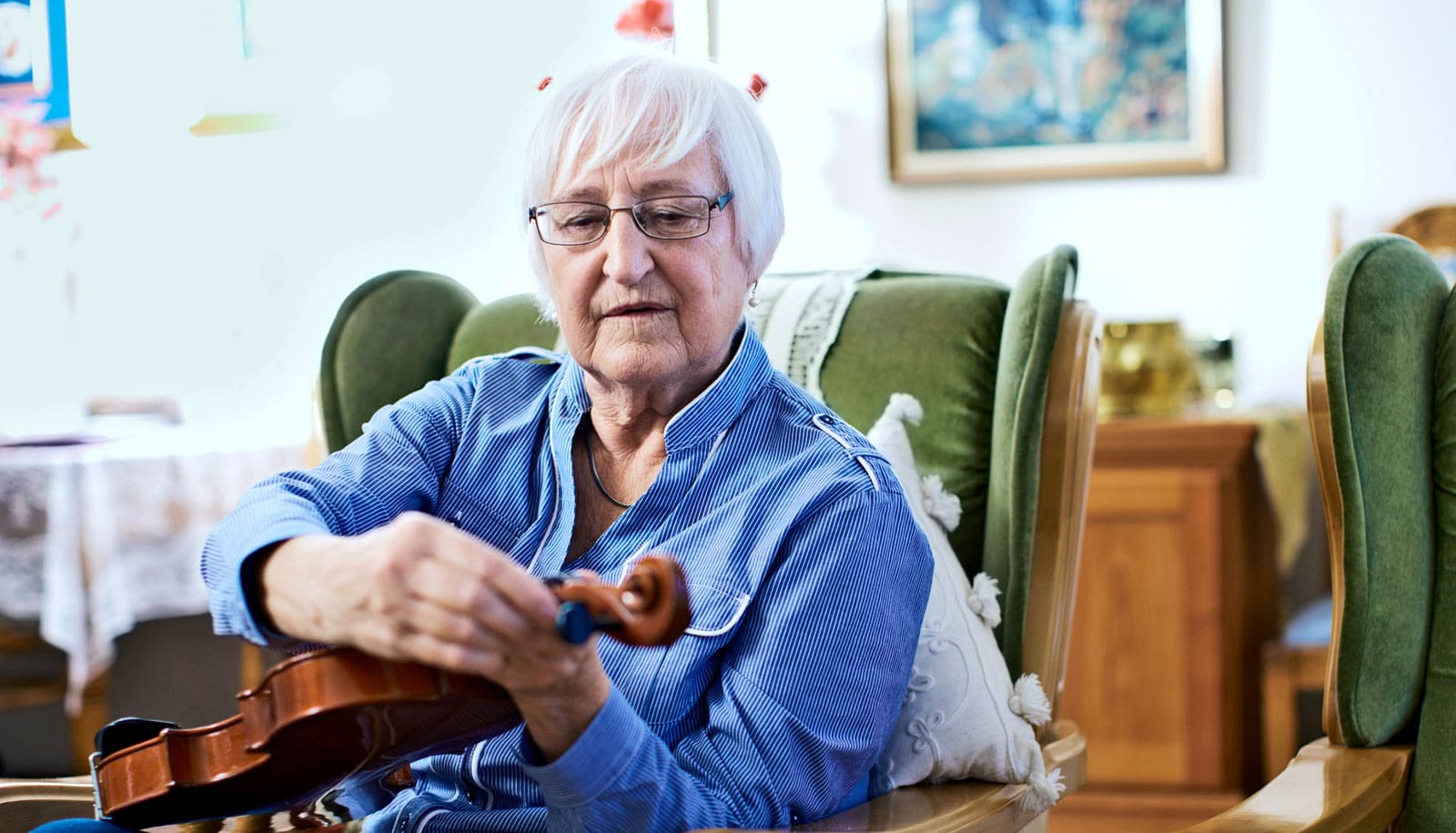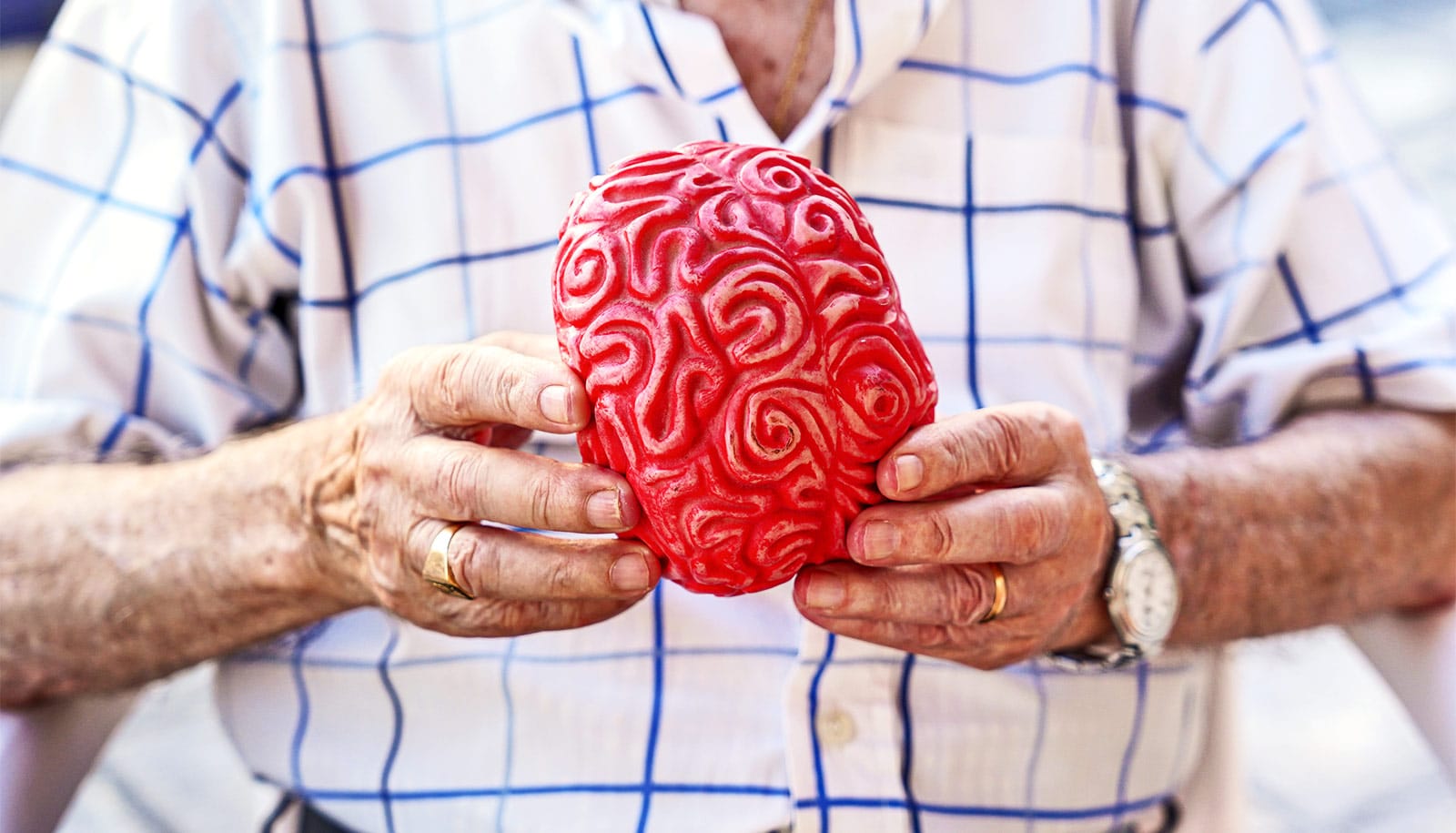People who gain positive beliefs about aging from the culture around them are less likely to develop dementia, new research suggests.
Researchers found this protective effect for all participants, as well as among those carrying a gene that puts them at higher risk of developing dementia.
Researchers found that older people with positive age beliefs who carry one of the strongest risk factors for developing dementia—the ε4 variant of the APOE gene—were nearly 50 percent less likely to develop the disease than their peers who held negative age beliefs.
The study, which is published in PLOS ONE, is the first to examine whether culture-based age beliefs influence the risk of developing dementia, researchers say.
“We found that positive age beliefs can reduce the risk of one of the most established genetic risk factors of dementia,” says lead author Becca Levy, professor of public health and of psychology. “This makes a case for implementing a public health campaign against ageism, which is a source of negative age beliefs.”
Levy and coauthors, Martin Slade and Robert Pietrzak from Yale School of Medicine, and Luigi Ferrucci, scientific director of the National Institute on Aging, studied a group of 4,765 people, with an average age of 72 years, who were free of dementia at the start of the study. Twenty-six percent of the participants in the study were carriers of APOE ε4. The researchers controlled for factors including age and health of the participants.
Some cultures say memory improves with age
The study demonstrated that APOE ε4 carriers with positive beliefs about aging had a 2.7 percent risk of developing dementia, compared to a 6.1 percent risk for those with negative beliefs about aging, over the four-year study duration.
Dementia primarily afflicts older people and is marked by memory loss and an inability to perform tasks.
The National Institute on Aging supported the work.
Source: Yale University



